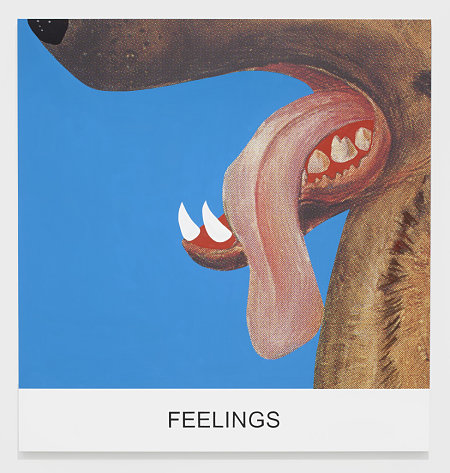
Venice in the Eighties
We racked over the chop of the lagoon,
bell towers backlit by North African skies,
as if the sirocco had at last blown into Byzantium,
the whole effect staged by some set designer
on Ritalin, the sunset sinking to lapis lazuli
alleys below the gleam of windows newly lit,
the salty perfume almost sheer guile.
Ahead lay those refugees of geometry,
canted towers, palazzi in their desert chalks,
sewery puddles along broken flags.
We stood at the Grand Canal,
the winter residents in seppie, as if for funeral mass,
swarming across narrow bridges, stone steps
slicked with ice, a hell cold but infernal.
We passed, I swear, two nuns in Wellingtons.
The waters were so still, those brief dawns,
a counter-Venice rose within, reflected
without ripple or crease. There remained
an unspoken melancholy, each vision
no longer new, the specters crawling
one after another like the ghosts to Odysseus.
Years before, we had lain beneath the frescoes
of a down-at-heels pensione whose windows
gave onto the roof tiles of a church by Canaletto.
There the Mediterranean lizards convened,
Metternichs of the terra cotta.
Turning through an unknown calle,
you wrapped in my llama-brown Zegna,
we lost our way, the winter evening so dark
even the signs refused their meaning.
At last a greater shadow loomed before us.
The Frari proved so much colder than Dante’s hell,
a holocaust of Bibles could not have warmed it.
You lingered before Barthel’s masterpiece,
the funerary monument of Pésaro—four slaves
bound in ivory rags, eyes whited out,
shouldering the entablature of marble,
its weight in the strained flexure of their arms,
betraying all those Africans galleyed
and ironed in forgotten wars, as if marble
knew the anger of marble. It was an artist’s trick,
of course, one of those classical gestures
that make the unbearable bearable.
Yet we stood, unable to return
to our four-star hotel, because we had turned to salt.
